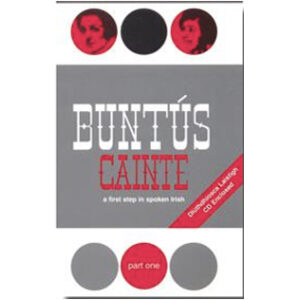Is minic ubh bhán ag cearc dhubh
Is minic ubh bhán ag cearc dhubh
A black hen often has a white egg.
Note: This week’s proverb is a little tongue in cheek. Of course, a black hen always lays a white egg. That is why you might hear a slight variant of this proverb, “Beireann cearc dhubh ubh bhán.” (A black hen lays a white egg.) There is a similar Spanish proverb, “Tierra negra buen pan lleva.” (Black land produces good bread.) Perhaps the closest English aphorism comes from Thomas Paine, “Whenever we are planning for posterity, we ought to remember that virtue is not hereditary.” Common Sense, 1776.
Proverbs need not be consistent. Compare this week’s proverb to “Briseann an dúchas trí shúile an chait. (Heredity breaks out in the eyes of the cat.) “Like father, like son.” “The acorn never falls far from the tree.” “The gods visit the sins of the fathers upon the children.” Euripedes. In contrast to all these, this week’s proverb makes the point that virtuous people can spring forth from un-virtuous ancestors.
This idea of good descended from evil is central to the 11th Century Irish epic, Caithe Maige Tuired (The Battle of Mag Tuired). It describes the primordial struggle in Ireland between good and evil, between a divine people, the Tuatha Dé Dannan, and the demonic band, the Fomhóire. Balor of the Evil Eye was the king of the Fomhóire. He gave his daughter, Eithne, to Cian, a young warrior of the Tuatha Dé Dannan. They had a son they named Lugh.
Under Balor, the Fomhóire were massing a formidable army to seize control of Ireland from the Tuatha Dé Dannan. Nuadhu, the King of the Tuatha Dé Dannan, was mustering an Army to resist them at Tara. Young Lugh went to Tara to join the warriors. He so impressed the king with his diverse skills as a warrior, poet, and artisan that Nuadhu gave Lugh command of his army.
Noble Lugh confronted his evil grandfather at Moytirra (in County Sligo). Balor only opened his evil eye in battle. Anyone who looked into it was destroyed. Before Balor could train his evil eye on him, Lugh hit the eye with a stone from his sling. It turned Balor’s eye inward, immediately killing him, winning the battle and the war.
